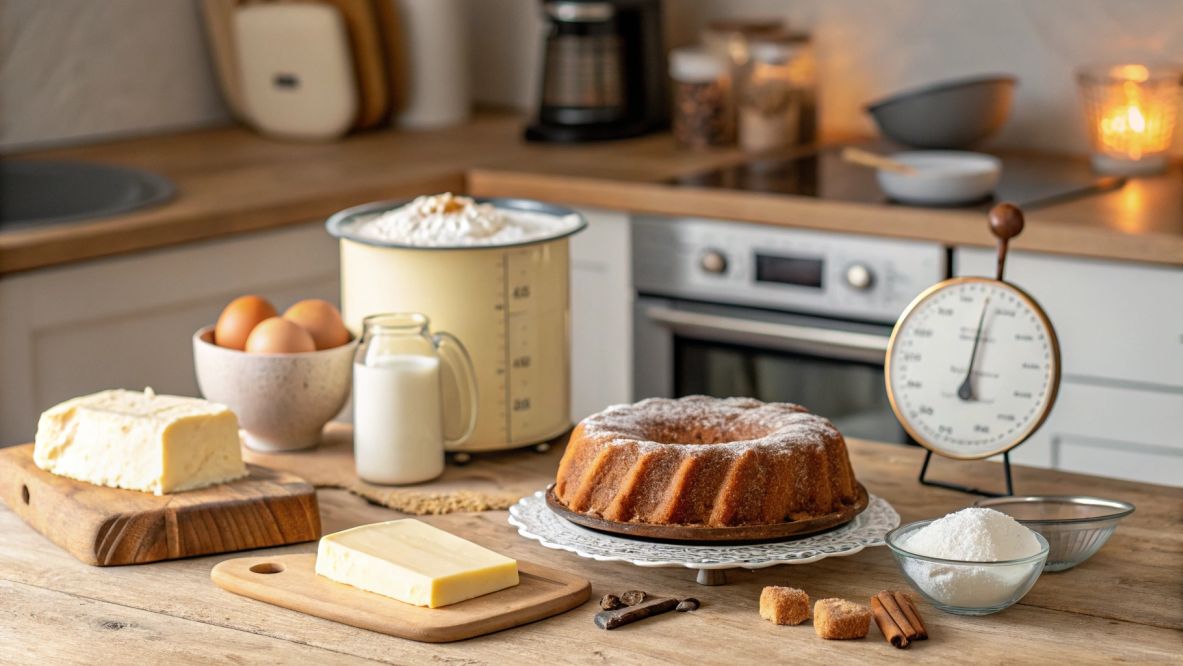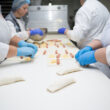
Baking a cake is both a culinary art and a precise science. Even with a brilliant recipe, a small but critical mistake can lead to disappointment. Home bakers, especially beginners, often wonder why their cake turned out dry, failed to rise, crumbled, or didn’t taste as expected. While there are many possible reasons, certain mistakes crop up time and again. Here’s a guide to the seven most common pitfalls and how to steer clear of them.
1. Using cold ingredients
Cold butter or eggs can result in uneven mixing, disrupting the texture of your batter or frosting. To prevent this, always use ingredients at room temperature. Take them out of the fridge at least an hour before you start baking to ensure they blend smoothly.
2. Inaccurate measuring
Many bakers rely on measuring cups or spoons without precision, or worse, guess quantities by eye. Baking demands accuracy, and kitchen scales are not a luxury—they’re essential. The closer you stick to the recipe’s measurements, the more consistent your results will be.
3. Mixing ingredients in the wrong order
Adding eggs to hot butter or dumping everything into a bowl at once is a recipe for a lumpy or dense cake. Baking is about method: whisk eggs and sugar first, then incorporate butter, followed by dry ingredients. Only then should everything come together into a smooth batter.
In baking, as in life, it’s the small details done with care that create something truly delightful.
4. Using the wrong or unprepared tin
Forgetting to grease your tin or line it with baking parchment can leave you with a cake that sticks stubbornly to the pan. The size of the tin matters too—if it’s too large, the batter will spread too thinly; if too small, the cake may end up dense and undercooked in the centre.
5. Incorrect oven temperature
Opening the oven door mid-bake to check on progress can cause a sudden temperature drop, making your cake sink. Similarly, an oven set to the wrong temperature can ruin the result. Invest in an oven thermometer to confirm the actual temperature inside, as many ovens aren’t as accurate as their dials suggest.
6. Rushing the cooling process
Some bakers are tempted to remove a cake from its tin while it’s still hot or slice it before it’s fully cooled. This can cause the cake to break apart or lose its structure. Always let your cake cool completely in the tin before turning it out or decorating it.
7. Skimping on ingredient quality
Using low-quality flour, margarine instead of butter, or eggs past their prime will undermine even the best recipe. High-quality ingredients are the foundation of a delicious cake. Pay attention to freshness, composition, and origin when shopping for your supplies.
Conclusion
A perfect cake is the reward for care, practice, and attention to detail. By avoiding these common mistakes, baking can become not just enjoyable but reliably successful. Even novice bakers will soon be able to say with pride: “I baked this cake myself—and it’s absolutely delicious!”


